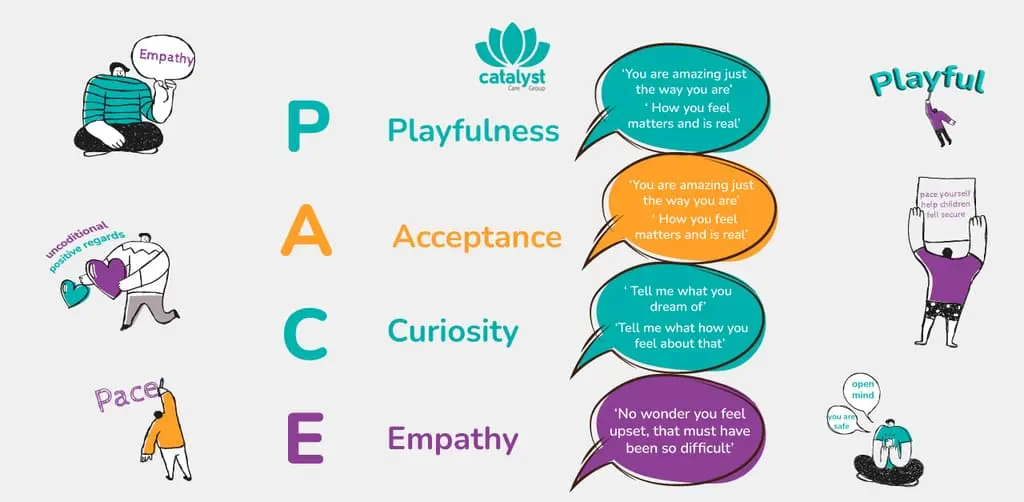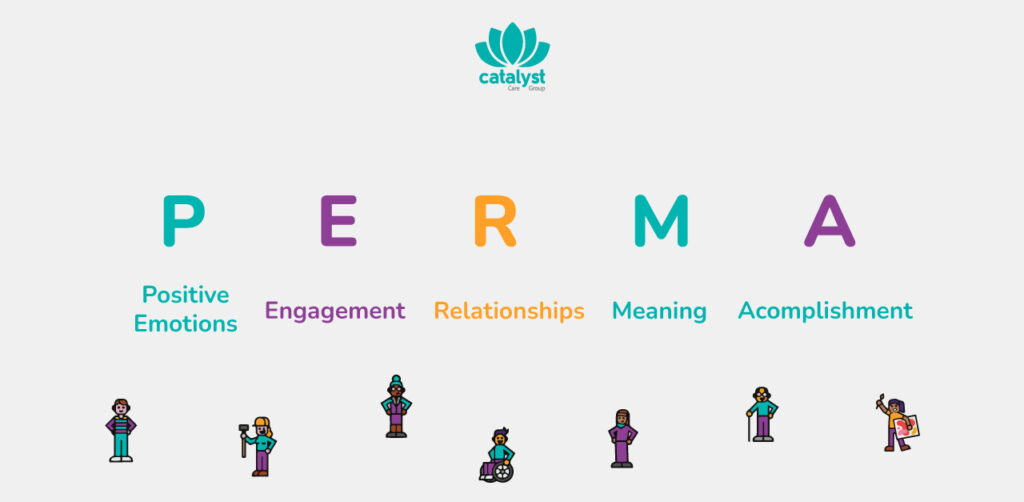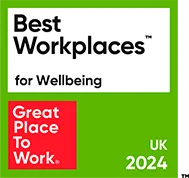The Strengths of People with ADHD

October marks ADHD Awareness Month—a time to celebrate the unique strengths that come with Attention Deficit Hyperactivity Disorder. ADHD brings creativity, innovation, and a remarkable ability to think outside the box. Many people with ADHD are problem-solvers, visionaries, and masters of multitasking, using their dynamic minds to approach life from fresh and exciting perspectives. Let’s […]
Speech and Language Support for Autistic People

Seeing the world in a different way can be beautiful, but for autistic people, it can also bring unique challenges. Sometimes, autistic children and adults may face difficulties with social interaction, communication, and imagination, which can impact their physical, emotional, and mental well-being. Personalised speech and language therapy plays a vital role in supporting autistic […]
The Right to Care: Human Rights Considerations for Hospital Discharges

Understanding people’s rights during hospital discharge is fundamental. Under the Mental Health Act (1983), a person can be detained in a mental health hospital if they put themselves or other people at risk. This includes institutionalising people without their consent. Following the act, this should only be a temporary solution until the person receives appropriate […]
Digitalisation and Multimedia Support in Social Care Services

Multimedia support effectively uses digital tools and technology to improve care delivery and communicate people’s choices and support needs. This approach is tailored to individual needs and encourages multimedia elements like audio, video, image, animation, and text. Multimedia support involves collaboration among many participants, including the care recipient, their family, support workers, care teams, and other community members.
Using the PERMA Model to Enhance Mental Well-being

“Often, it’s the small things in life that bring the greatest pleasure.” Every person strives for happiness, regardless of age, gender, and socio-economic background. However, barriers and a lack of social support often prevent people from living a satisfying and meaningful life. Consequently, when people’s mental health is affected, their well-being is also affected. Mental […]
Implementing the PACE Model of Care in Today’s Healthcare Landscape

The PACE model involves communicating and building safe, trusting and meaningful relationships with children and young people who have experienced trauma. PACE stands for Playfulness, Acceptance, Curiosity and Empathy. It’s a trauma-informed approach involving a way of thinking, communicating and behaving focused on making the child or young person feel safe and secure. In our […]
Impact of Physical Restraint on Mental Health

The use of physical restraint in mental health settings should be a last resort and determined by healthcare professionals to ensure the safety of people under their care. However, when a person is unable to participate in decisions about their own body, it raises questions about their fundamental human rights. This article aims to review […]
Supporting People with PERMA Model of Wellbeing

Every person in the world dreams of living a happy, fulfilled life, doing the things they love, and being surrounded by the people they love. However, many autistic people, people living with a learning disability, and people with mental health needs are often denied the opportunity to choose where and how they want to live. […]
Homes not Hospitals – Transforming Care Update

How is health and social care changing? Can the system meet the rising demand for community services? According to recent statistics, there are currently 2,035 autistic people and people living with a learning disability detained in inpatient mental health facilities across England. This figure includes a significant number of children and adolescents, with 210 under […]
Implementing Person-Centred Care in Mental Health

For too long, people of all ages living with mental health challenges have endured stigma and exclusion, often facing health inequalities and fragmented mental and physical health services. Additionally, mental health services across the UK have been affected by a chronic lack of resources. This has left many people without support, significantly impacting their lives […]


